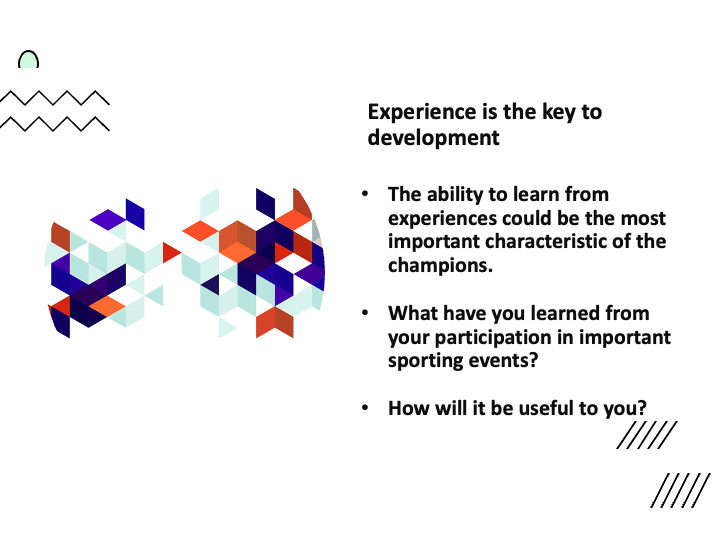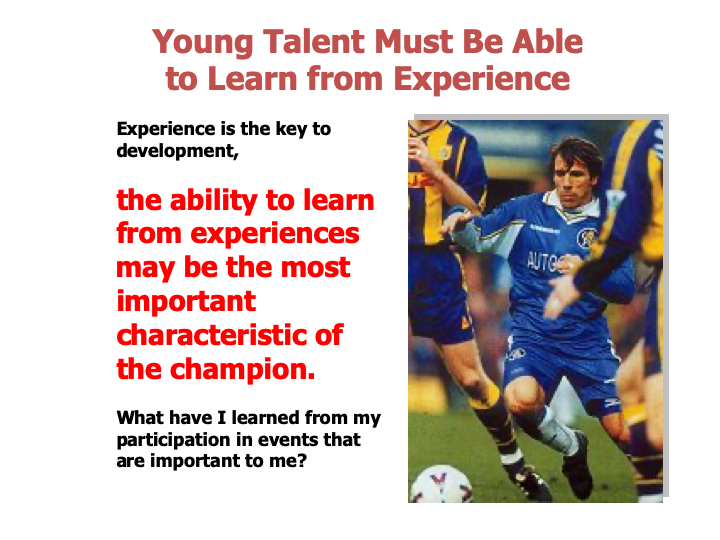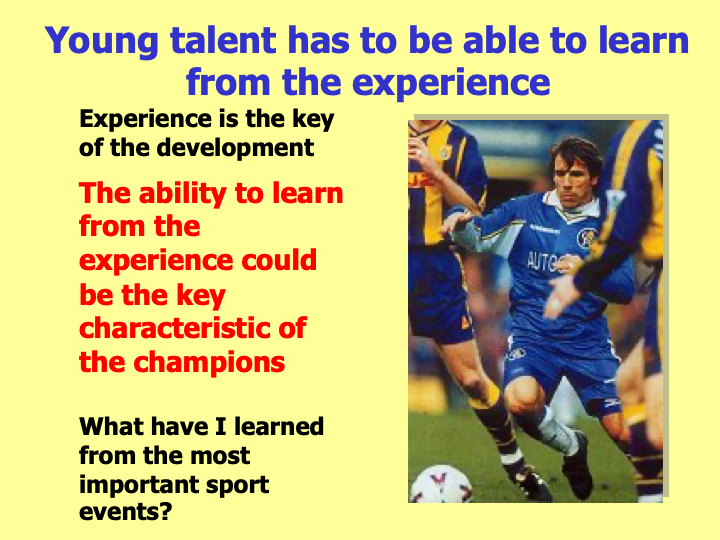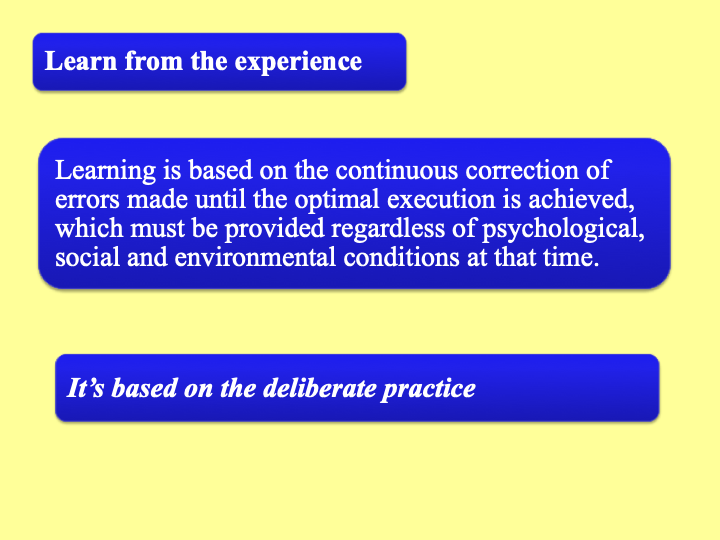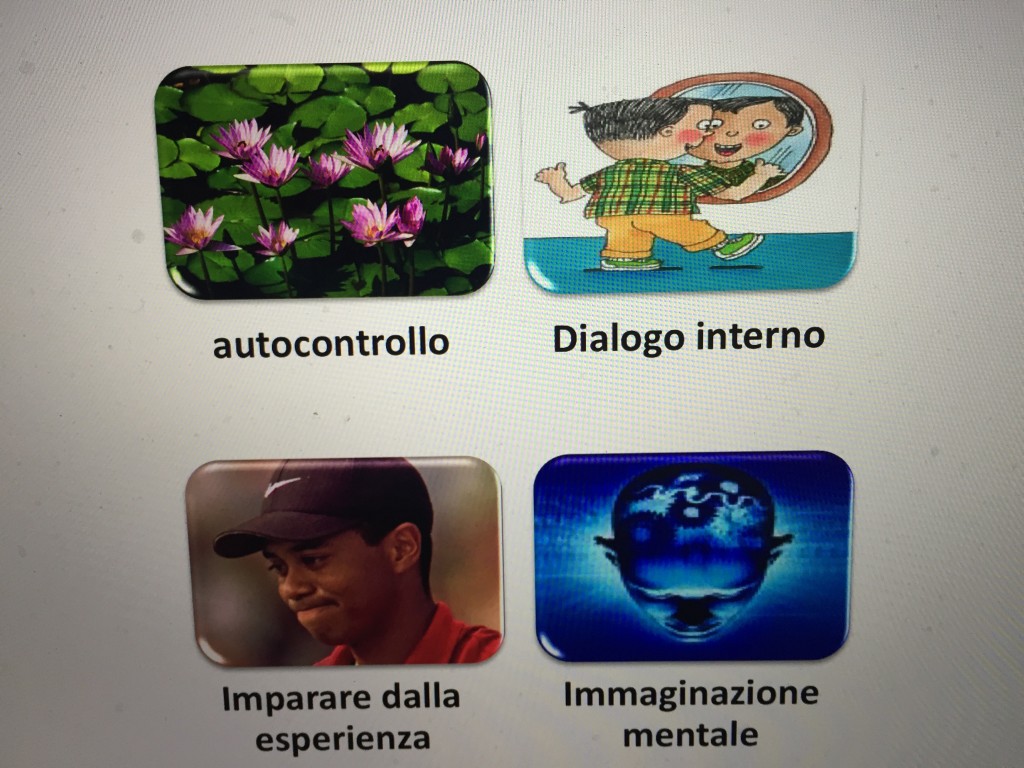Tag Archive for 'esperienza'
A teacher can play a fundamental role in teaching their students how to learn from experiences and mistakes. Here are some strategies that a teacher can adopt:
- Build a nurturing environment – Students need to feel safe in making mistakes and exploring new ideas. A teacher should promote an environment where students do not fear judgment or punishment for their errors.
- Encourage reflection – Invite students to reflect on their experiences and mistakes. Questions like “What have you learned from this experience?” and “What could you have done differently?” can help them develop awareness of their errors and ways to improve.
- Promote a growth mindset – Teach them that error is not an obstacle but a normal part of the learning process. A growth mindset teaches that improvement happens through hard work and dedication and that failures are opportunities to grow.
- Provide constructive feedback – Offer feedback that is specific, objective, and geared towards improvement. Help students understand what aspects they need to improve and how to do so.
- Encourage experimentation – Encourage students to experiment, explore new ideas, and take calculated risks. This promotes creativity and learning through experience.
- Incorporate stories of success and failure – Share stories of successful individuals who have faced challenges and failures. This can inspire students to persevere and learn from their experiences.
- Teach problem-solving strategies – Provide tools and strategies for your students to address problems and overcome obstacles. This may include learning methods for analyzing problems, planning solutions, and evaluating outcomes.
- Promote personal responsibility – Teach them that they are responsible for their own learning and personal development. Personal responsibility will motivate them to learn from their mistakes and seek ways to improve.
- Cultivate patience and perseverance – Help students develop patience and perseverance, encouraging them not to give up in the face of obstacles or mistakes but to persevere in their efforts.
- Support self-esteem development – Assist students in developing their self-esteem and well-being, so they feel confident enough to experiment, fail, and learn without fearing the judgment of others.
Teaching students to learn from experiences and mistakes is an ongoing process that requires patience and consistent encouragement from the teacher. However, these skills are valuable for personal growth and long-term learning.
Every person has heard his or her teachers argue thousands of times that one learns to make the right choices through experience, but this statement is far too general; it may be analogous to stating that one grows because one is nourished or that one is alive because one breathes or, more cynically, one puts it in the bill that one who does not learn to swim drowns and onward another.
Knowing that we live immersed in our daily experience, in the experience of others, and in an ever-changing environment is certainly not much more helpful. Every moment of a person’s life is part of the experiences he or she is having small or large, one has experiences from the moment of birth, for example, one learned to walk because as a child one stubbornly wanted to gain autonomy, and to do this one needs to move around. Therefore, all children make regular and continuous efforts to reach a standing position and move expeditiously. But this effort toward change does not end at an early age; it continues at every age.
A company executive told me that his problems began when he came to lead a group; before he had only to think about himself and selling, and this he had learned to do well, until he became the best. At that point he was leading a team that under his leadership should have multiplied results, instead initially it was a disaster because he terrorized his collaborators by telling them they were good-for-nothings. Having reached this point he was forced to change and learn how to manage the team or else his business would fail.
This story, which is quite common with many others that occur daily everywhere, highlights how it is of no use to speak in general terms about experiences; it is essential to understand what the demands of situations are that bring about significant changes in a person’s professional life.
These ideas come form the book by Henry Mintzberg “Managers not MBAs” (2004), and they are true for the coaches too.
“The key ingredient for management education is natural experience, that has been lived in everyday life on the job and off … The most powerful learning comes from reflecting on experiences that have been lived naturally … Every manager must discover for himself … what works and what does work for him in different situations.” (p. 247).
BUT
“Experience is not enough. People may learn little from their experience, unless they have a means for classifying and analyzing it (Sims et al., 1994) … John Maynard Keynes once quipped, ‘Practical men, who believe themselves to be quite exempt from any intellectual influences, are usually the slaves of some defunct economist.’ In other words, we use theory whether we realize or not. So our choice is between theory and practice, so much as between different theories that can inform our practice.” (p.249-250).
The basic mental skills can be learned at any age and they are independent from the motor and sport skill level.
We hear more and more often that the best footballers are no longer playing in Italy. This explanation is often used to explain bad performances and to justify the poor competitive performances of players. Personally I think the teams under attack in these first few games from Rome to Milan or Palermo were wrong also for lack of cohesion and reduced use by players of their experience. The tactic or the presence of champions in a team are not everything, it’s also counting the common feeling that we are united and that everyone is a carrier of his professional experiences. These two aspects allow to the teams to get out of difficult phases of the game; the problems of someone who are balanced by the initiative of someone else. If these two ingredients are not availables the team does not have a soul and the players live waiting to have the tactics that will allow them to win. Wrong. It is useful to know what to do but that they must feel responsible for the team mistakes or those did by a mate otherwise they are just mercenaries that when things are going badly run away.
_________________
In Inghilterra nella Premier League il numero dei calciatori over-30 è aumentato di molto rispetto a pochi anni fa. Non giocheranno ogni partita e certamente non per 90 minuti, ma i club della Premier League stanno riconoscendo il valore dell’esperienza sull’esuberanza giovanile. Dal punto di vista della coesione di squadra questa scelta sembra confermare l’esigenza di avere gruppi basati non solo sul talento e sulla maggiore disponibilità atletica dei giovani ma anche su calciatori esperti e non più giovani in grado di mantenere sul campo la squadra unita nei momenti di maggiore pressione e di assumere un ruolo positivo anche nello spogliatoio. Una sorta di mentori per i più giovani. Ricordo una risposta di Liedholm quando un giornalista gli chiese quale fosse stato il ruolo di Superchi, secondo portiere della Roma, che non aveva giocato in quel campionato. Disse: “Sa raccontare bene le barzellette.” Nell’umorismo filosofico di Liedholm credo che questa spiegazione nascesse dalla stessa convinzione che, a distanza di anni, ha spinto le squadre inglesi in questa direzione.
